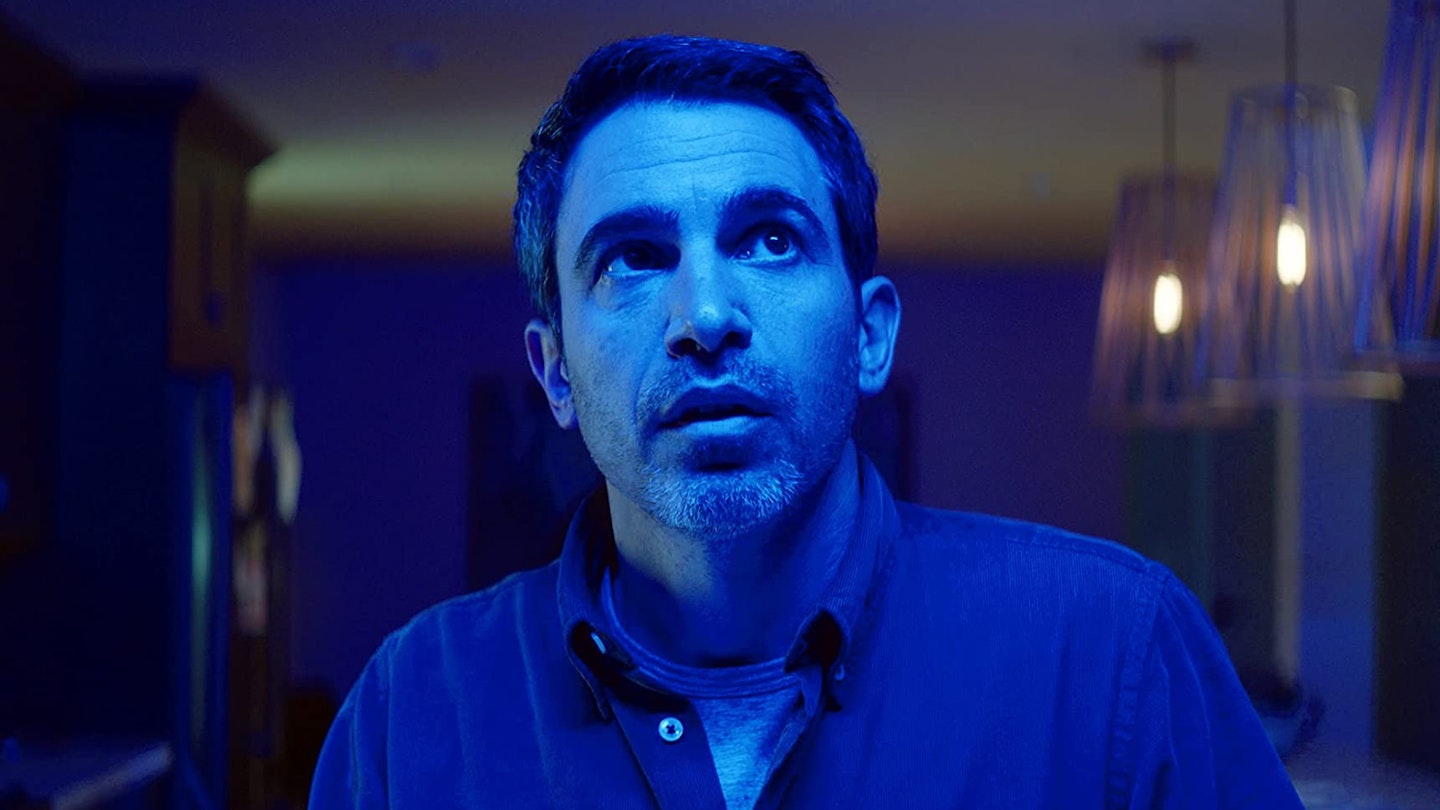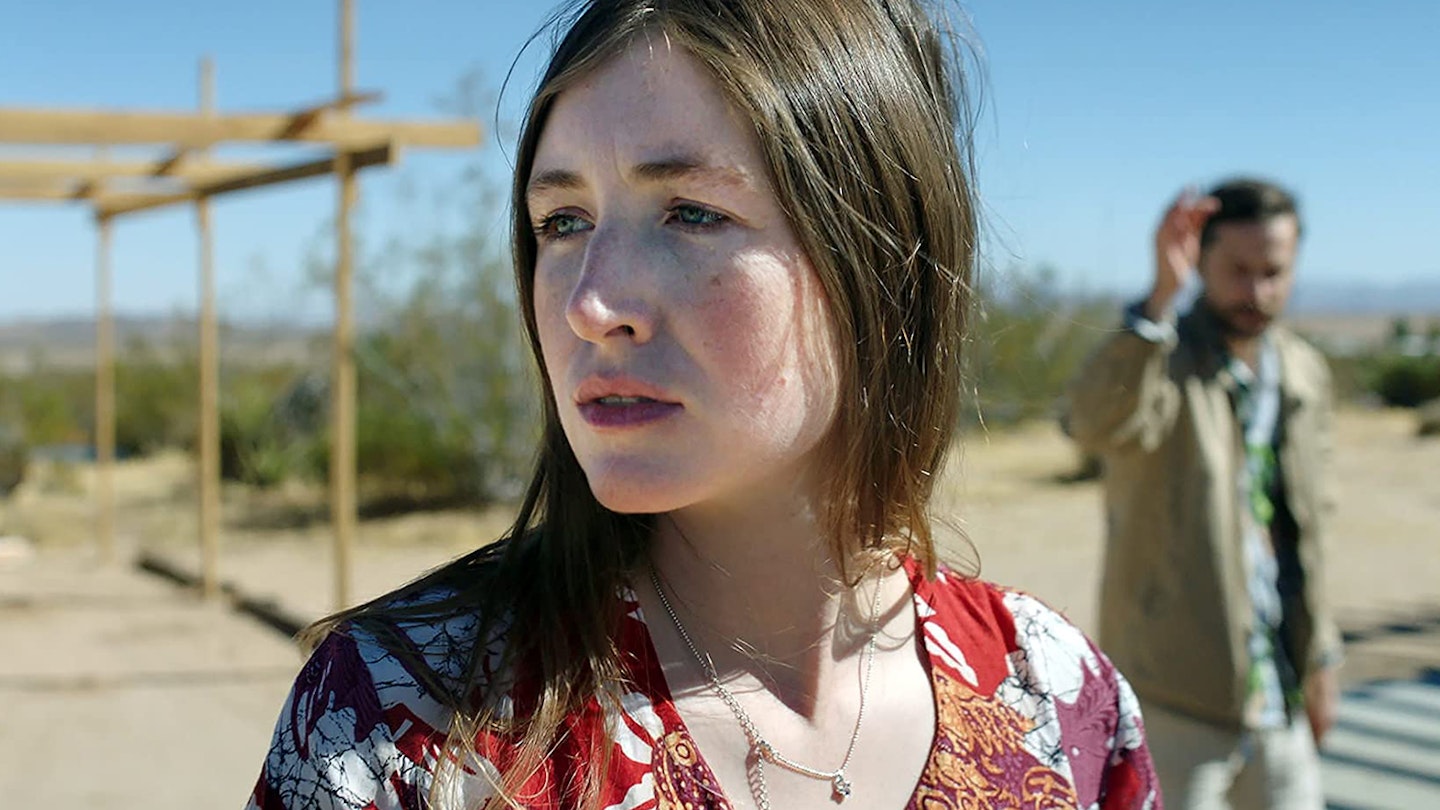Playing out like both a fractured fever-dream and sharp satire about the catastrophic times which we all find ourselves navigating, She Dies Tomorrow is a film which gets under your skin in its opening moments and stays there until long after the final reel. This is fearless filmmaking from writer/director Amy Seimetz who, in returning to the apocalyptic yet intimate territory explored in her 2012 debut Sun Don’t Shine, again demonstrates that not only does she possess a unique narrative vision, but that she can execute it in truly original style.

Her protagonist, also called Amy (a haunting Kate Lyn Sheil), is a recovering alcoholic, who seems unmoored from her own life. As she tells her friend Jane (Jane Adams, brilliant), Amy is utterly convinced she will die the following day; a suggestion that Jane shrugs off as a relapse until she herself becomes consumed by the same fear. As time progresses, it becomes clear that this is paranoia as disease; anyone they meet, whether family, friends or strangers, becomes overwhelmed by the unshakeable belief that they will meet their end within 24 hours.
Immersive work forces the audience into Amy’s headspace, making us confront our own mortality.
Seimetz’s tight screenplay is unconcerned with the details of this bizarre phenomenon — mass delusion or group premonition, it’s never explained — but rather the psychological toll that such knowledge brings. We see Amy wandering through her half-empty home, the city streets, plagued by flashbacks to a failed relationship which serve as clues to the fate that has befallen her, and a portrait of a woman desperately trying to come to terms with her past, as well as her limited future. “I’m okay,” is her mournful refrain. Elsewhere, scientist Jane — whose swirling microscope slides of blood are emblematic of the film’s visceral beauty — looks for answers and emotional connection, first with her brother (Chris Messina) and then, hilariously and tragically, with an ER doctor (Josh Lucas) who is at first bemused and then overcome with grief at his own impending demise.
As each character stares into the void that now yawns in front of them, unable to look away, the film takes on a new face. Reality fades away as strobes of red and green fill the screen, pulsing music (by Mondo Boys) intensifies, and everything moves in super-slow motion. It’s eerie and hypnotic, until, suddenly, a jolting cut plunges us back into the mundane; car horns blast, airplanes roar, life moves on.
Immersive work forces the audience into Amy’s headspace, making us confront our own mortality and, in stark contrast to most survival horrors, accept that we cannot fight against or outrun it. And while the film was made before the global pandemic took hold, its exploration of infection and death, and depression and isolation, certainly hits a devastatingly raw nerve.

